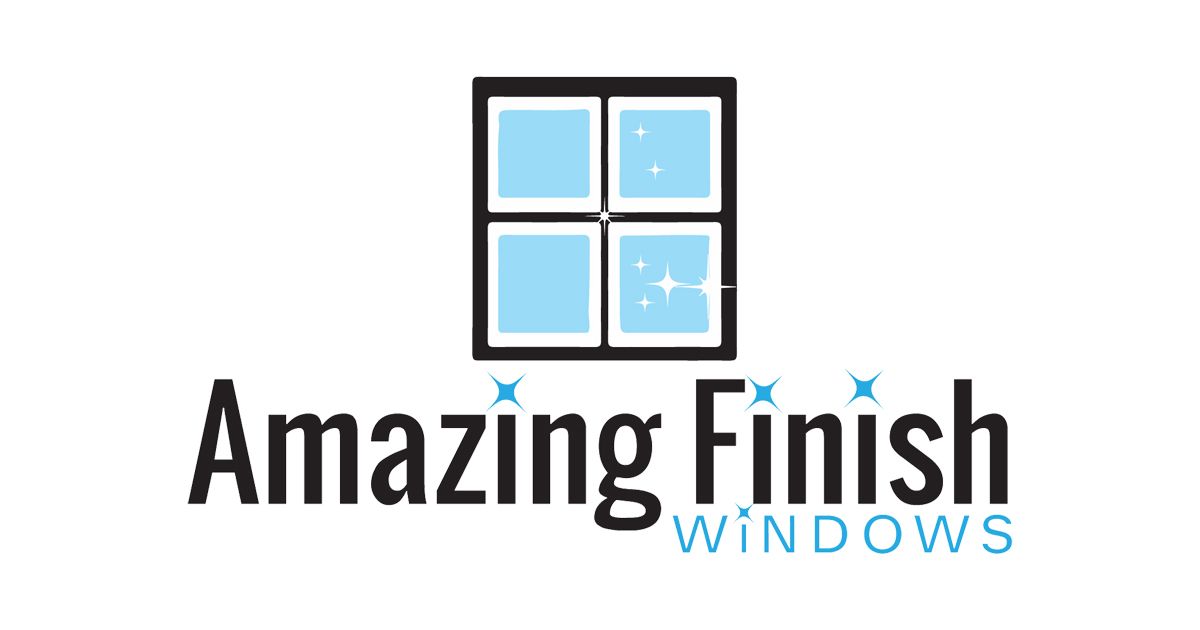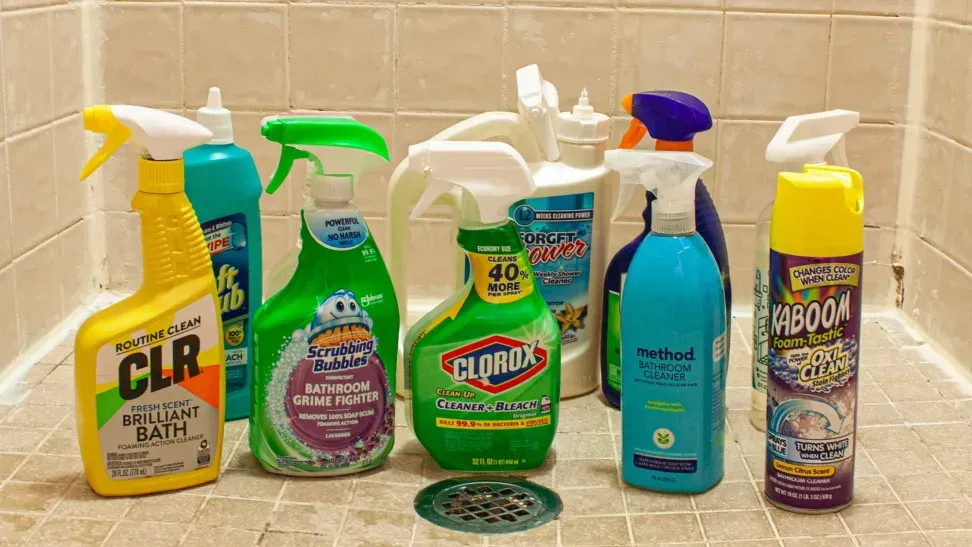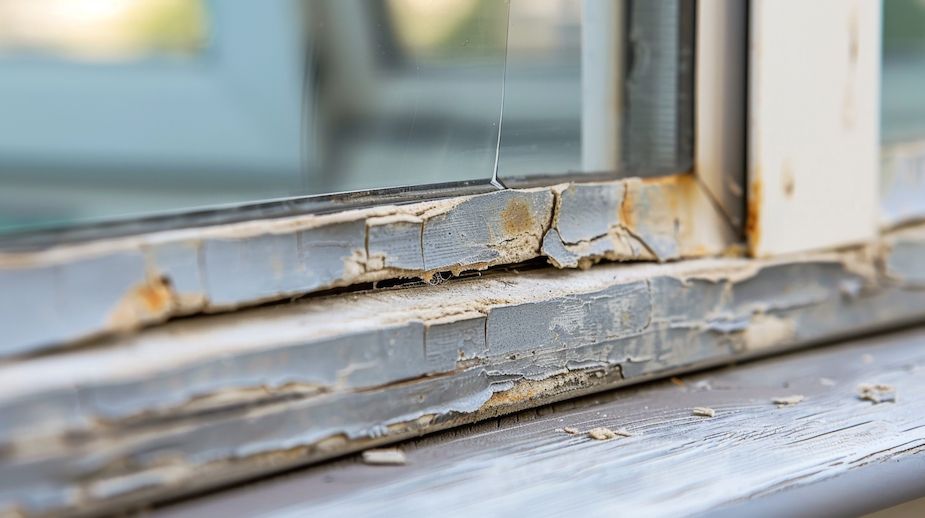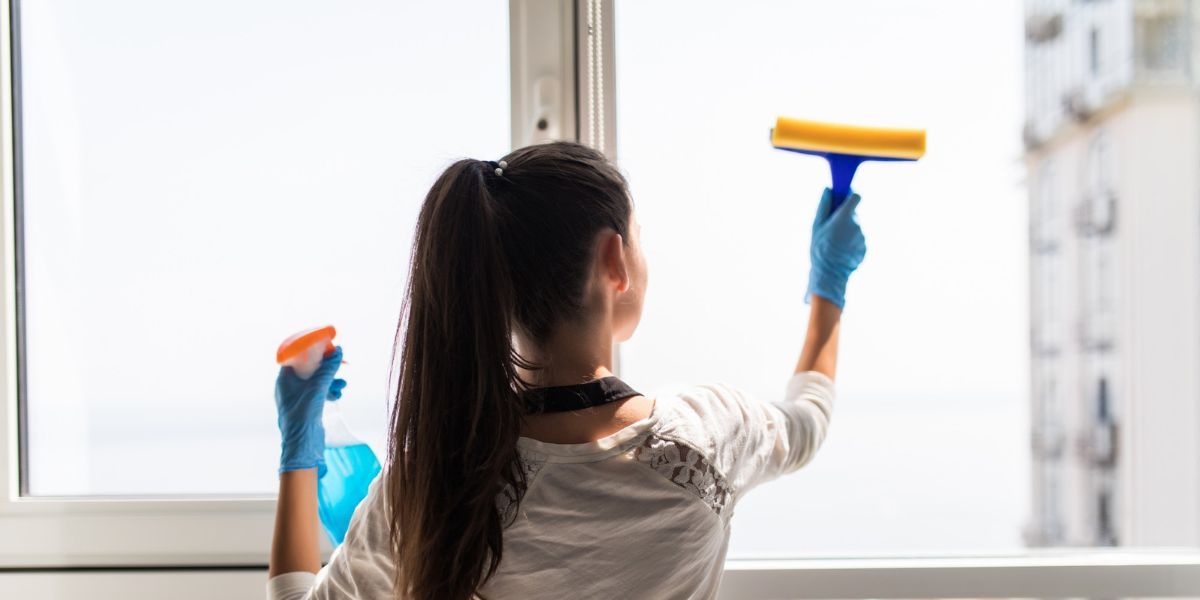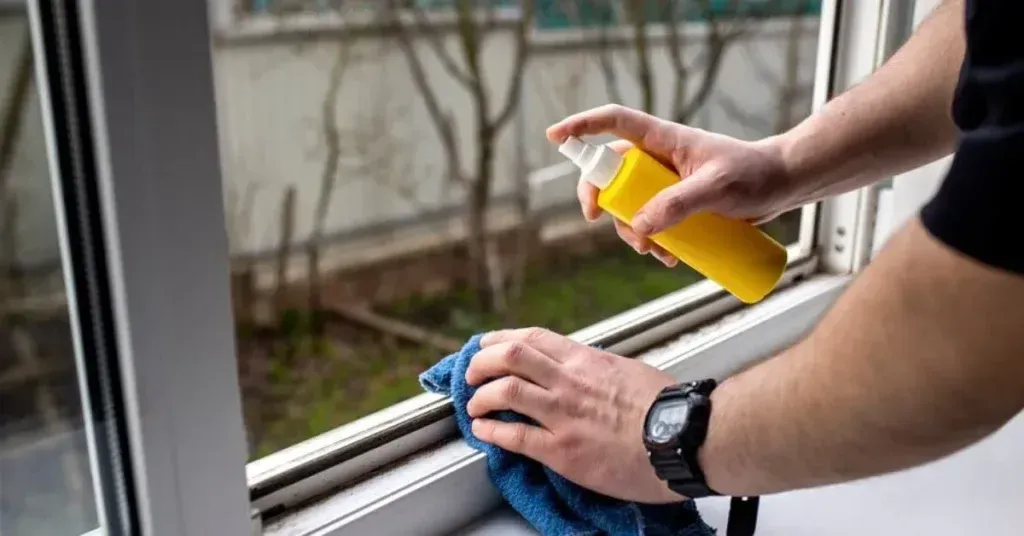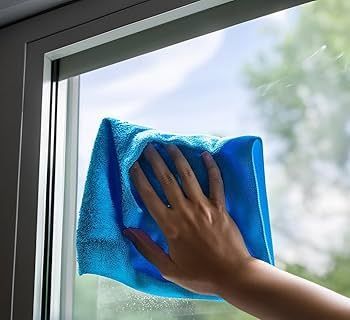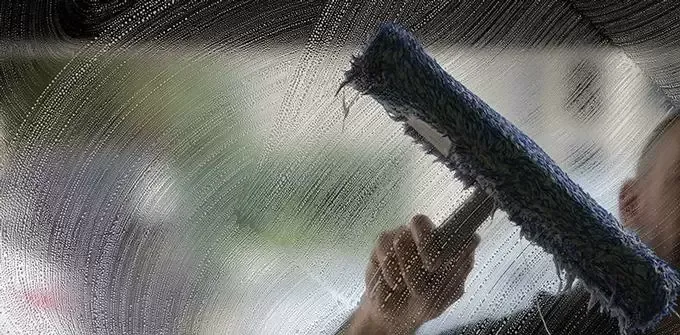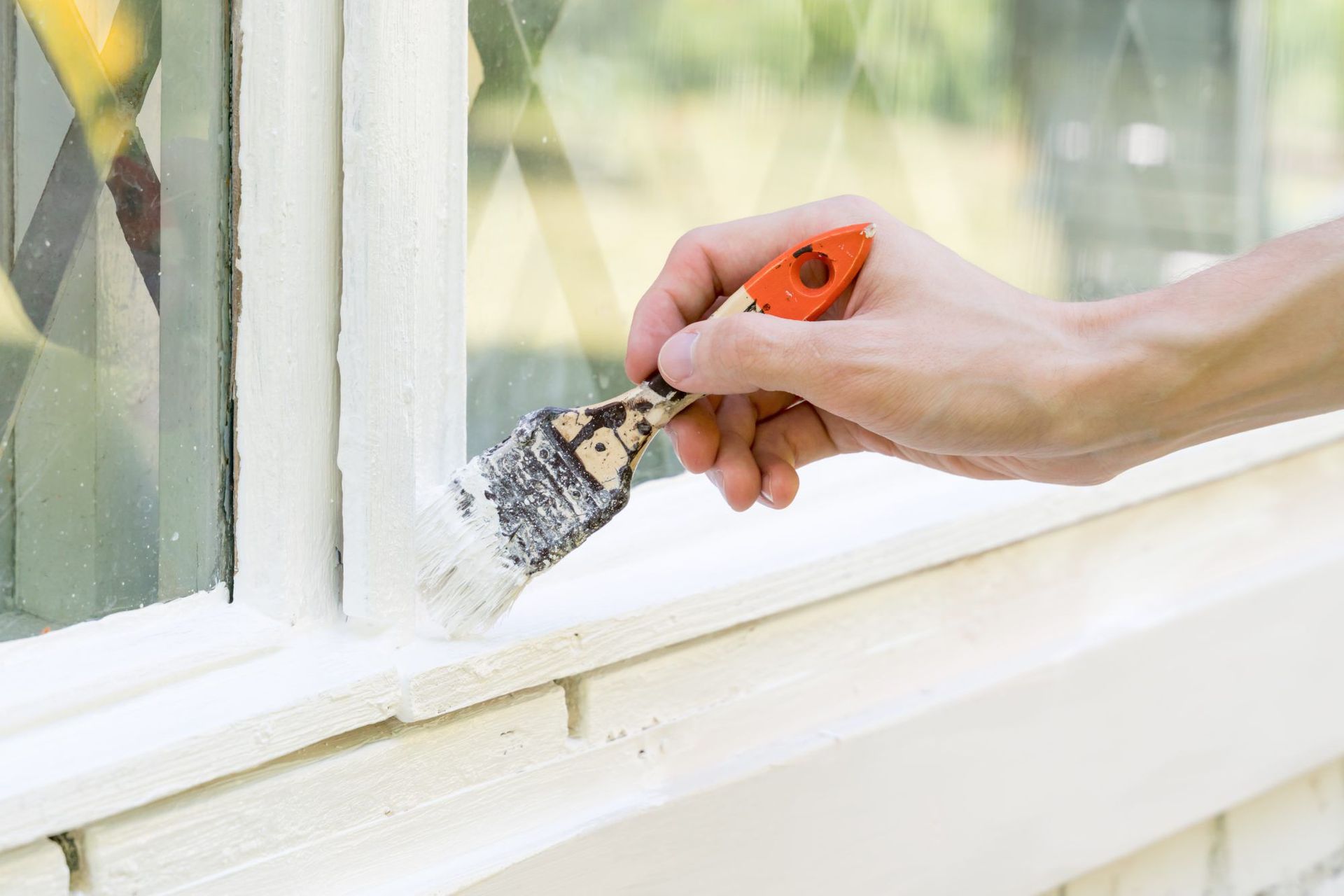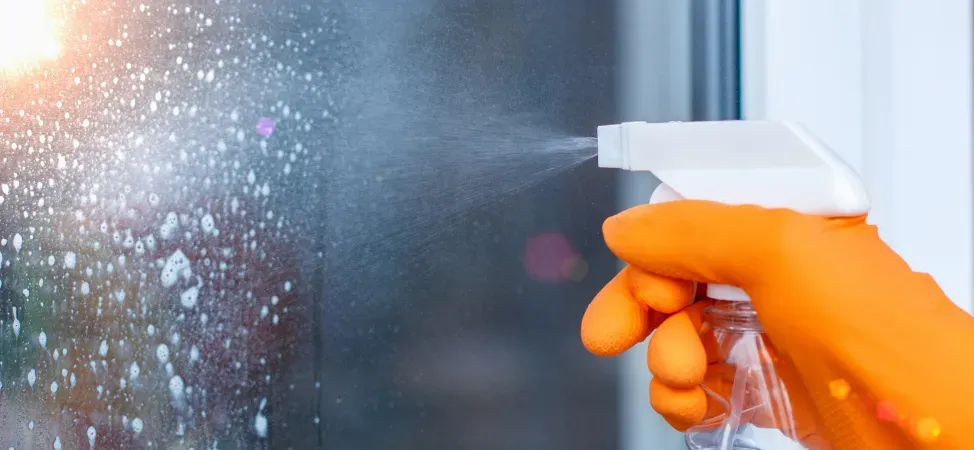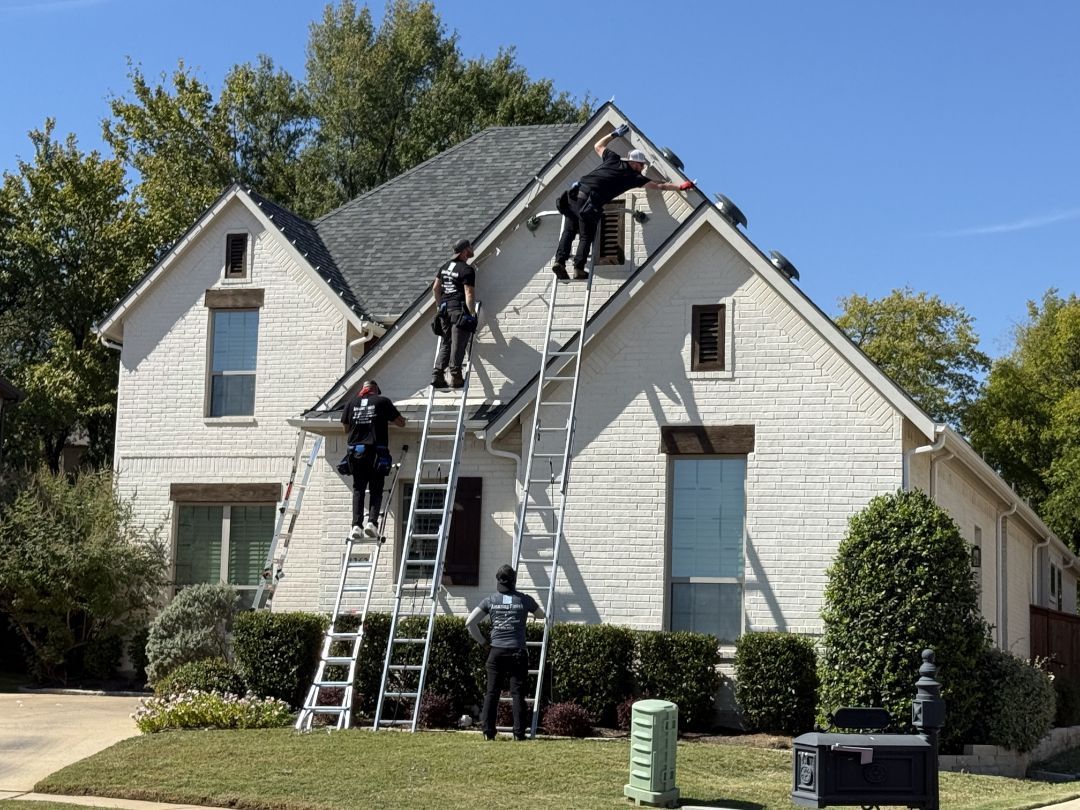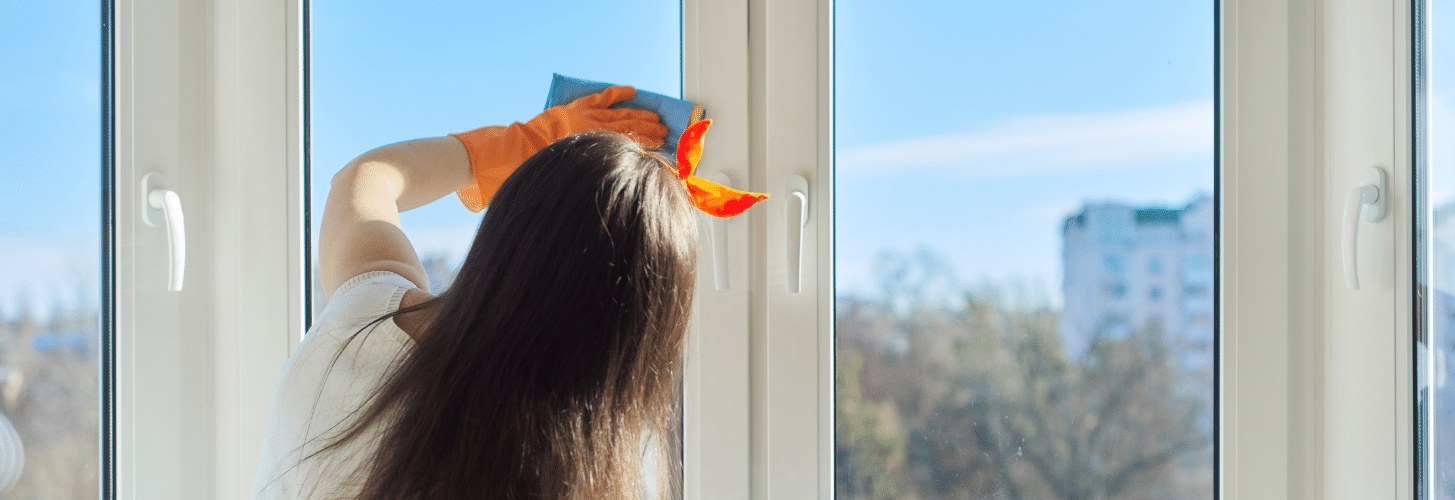How to Remove Hard Water Stains from Windows (DIY + Pro Tips)
TLDR;
To remove hard water stains from windows, spray a 1:1 solution of white vinegar and water directly onto the stains, let it sit for 5 minutes, then wipe with a microfiber cloth. For tougher stains, use lemon juice, baking soda paste, or commercial cleaners — and if all else fails, call the pros like Amazing Window Finish for expert help.
Say Goodbye to Cloudy Windows: How to Clean Glass with Hard Water Spots
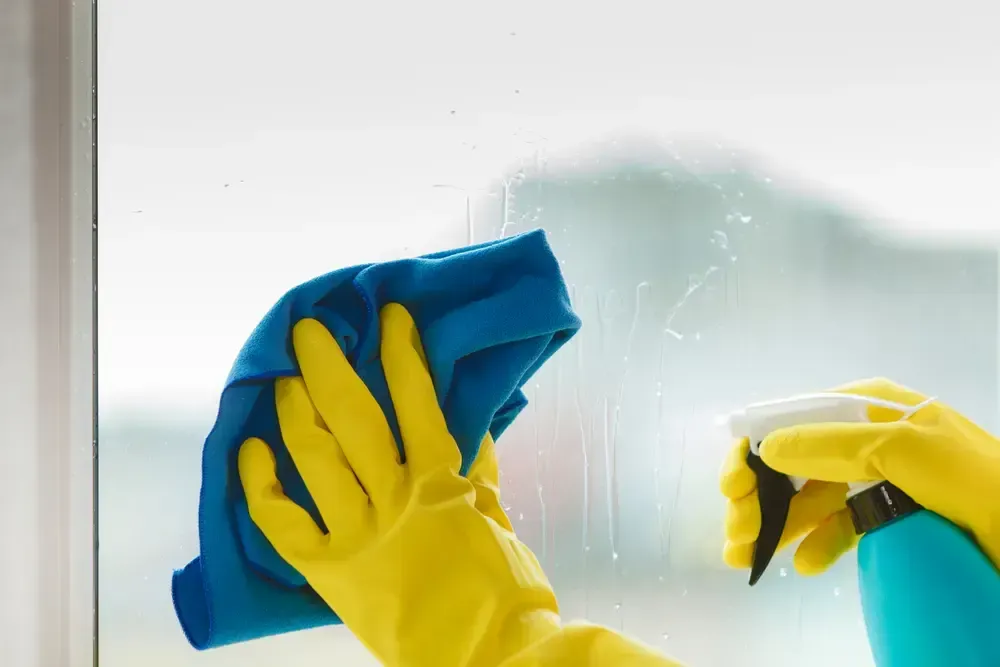
Hard water stains — those chalky white spots on your windows — are caused by mineral-rich water drying on glass. Most commonly, they show up on exterior windows near sprinklers, showers, or where rainwater constantly hits the glass.
While they might seem permanent, the good news is: they can be removed with the right methods. This guide from Amazing Window Finish covers every approach — from simple DIY tricks to knowing when it's time to call in the professionals.
Let’s dive into every angle you need to know.
What Causes Hard Water Stains on Windows?
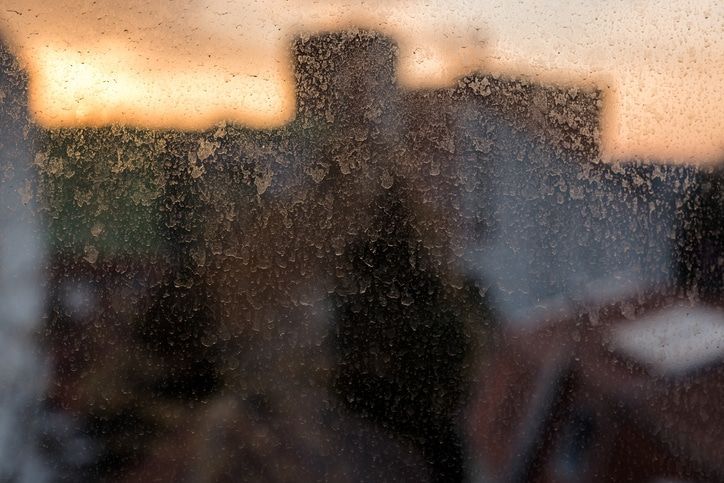
Hard water stains form when water high in minerals like calcium and magnesium evaporates, leaving behind residue.
Common sources include:
- Lawn sprinklers that spray your windows repeatedly
- Rainwater combined with air pollution or mineral-heavy runoff
- Indoor condensation in bathrooms with hard water
- Pool water or hose spray hitting patio or exterior windows
These mineral spots, often called
lime deposits, are stubborn because they bond to the porous surface of glass over time. If left untreated, they can etch the glass, making stains permanent.
Best DIY Methods to Remove Hard Water Stains from Windows
These methods are budget-friendly, easy to try, and safe for most glass surfaces.
Tools & Supplies You’ll Need:
- Distilled white vinegar
- Spray bottle
- Baking soda
- Lemon juice
- Non-gel toothpaste
- Microfiber cloths
- Rubber gloves
- Squeegee
- Commercial glass cleaner (optional)
- Non-abrasive scrubber or razor scraper (for pro-level care)
Vinegar and Water Solution
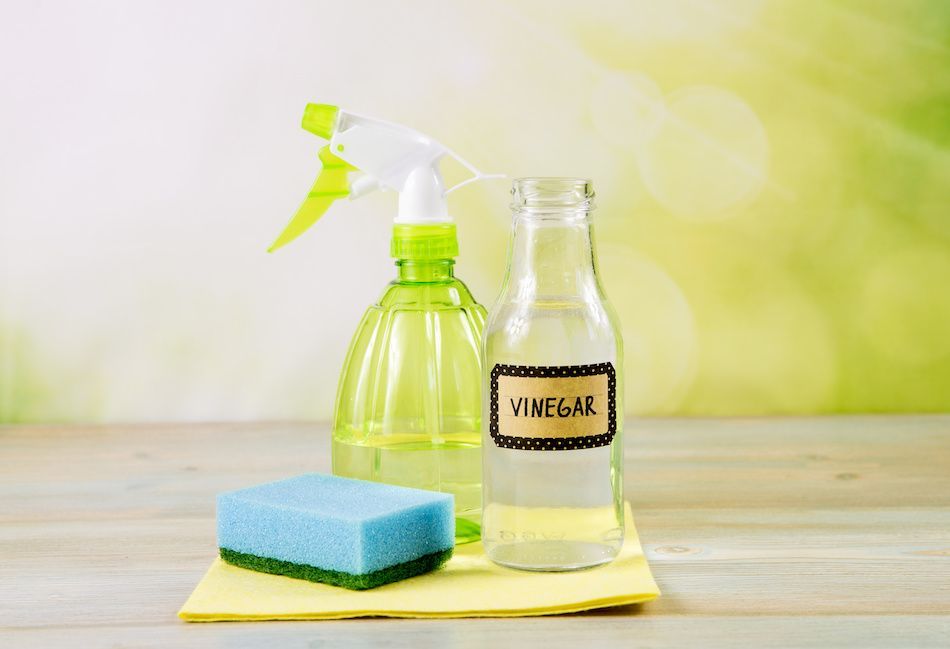
How to use white vinegar to clean windows:
- Mix equal parts white vinegar and distilled water in a spray bottle
- Spray generously on stained glass
- Let sit for 5–10 minutes
- Wipe clean with a microfiber cloth
- Rinse with plain water and dry with a squeegee
For heavier stains, apply hot vinegar for added power.
Lemon Juice for Glass Cleaning
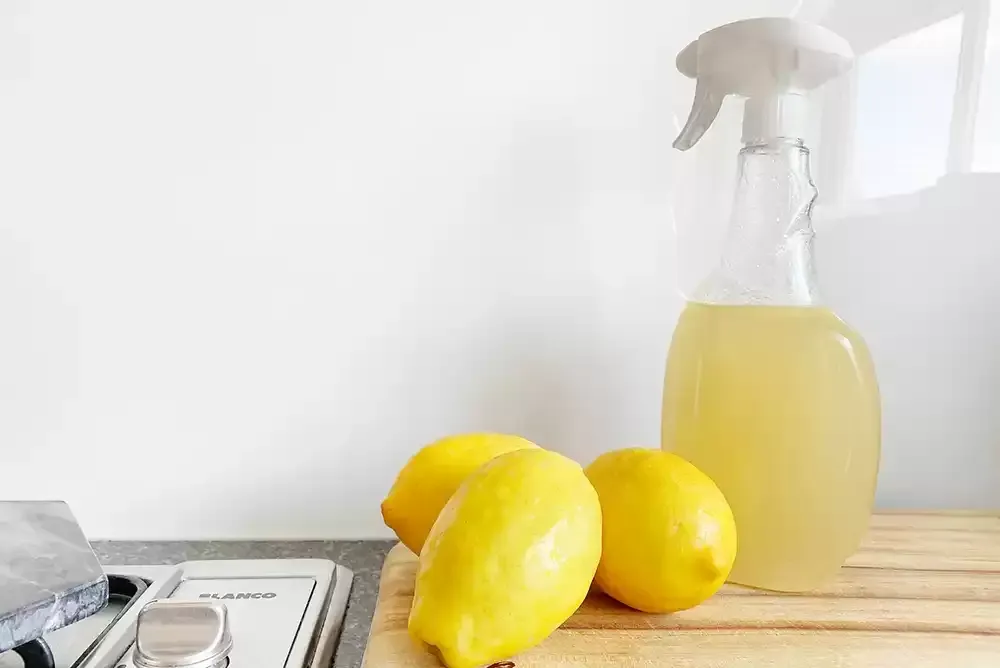
Citric acid works like vinegar — but smells better.
- Cut a lemon in half and rub it directly on the stained area
- Let the juice sit for 5 minutes
- Scrub with a microfiber cloth
- Rinse and dry thoroughly
This works great on mildly spotted glass.
Baking Soda Paste (Non-Scratching Method)
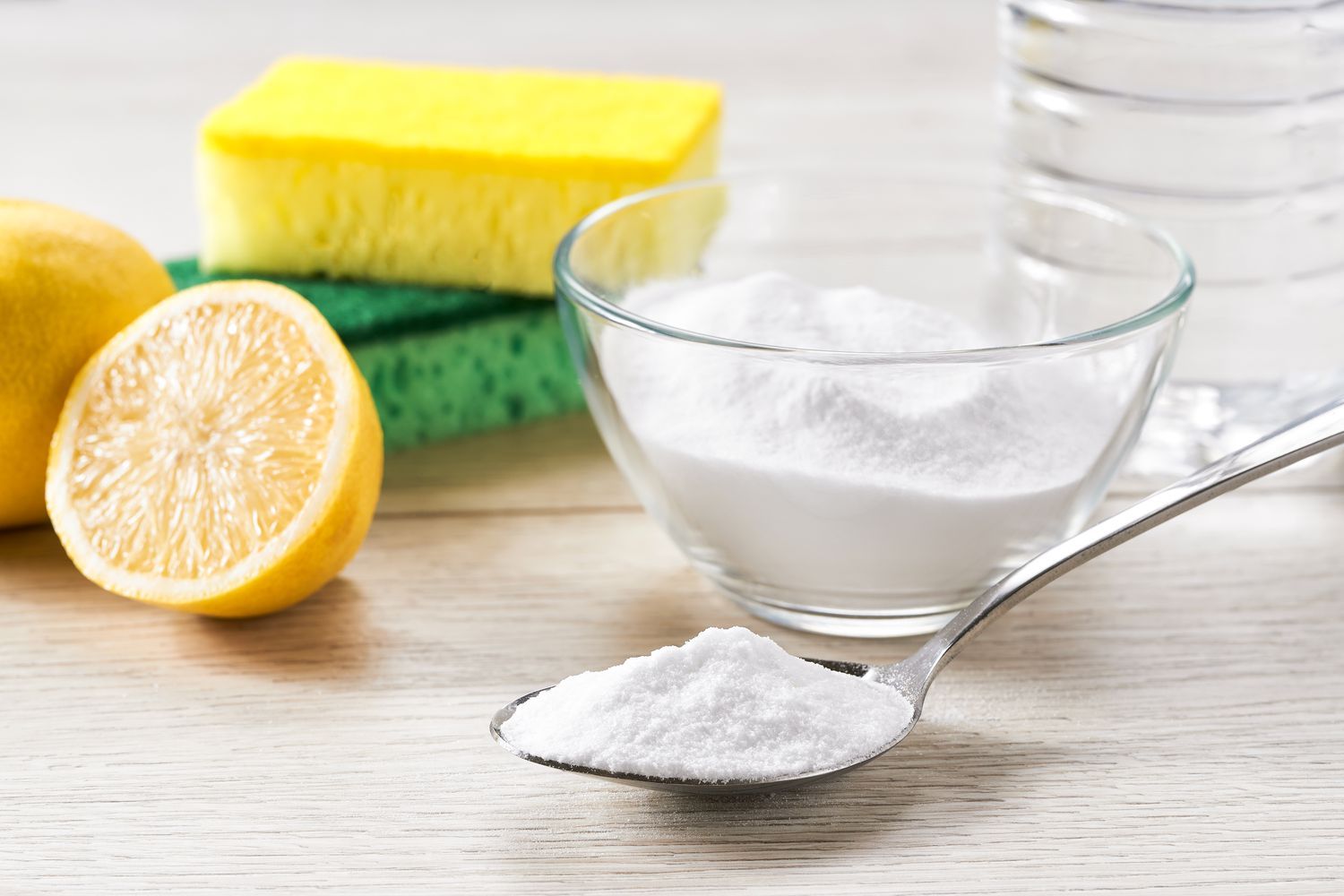
Perfect for removing tough water spots from glass without scratching.
- Mix 3 parts baking soda with 1 part water into a paste
- Apply with a soft cloth or sponge
- Gently scrub the affected area
- Rinse thoroughly with vinegar or clean water
- Dry with a lint-free towel
Avoid using harsh brushes or steel wool — they can scratch your windows.
Toothpaste Method (For Small Spots)
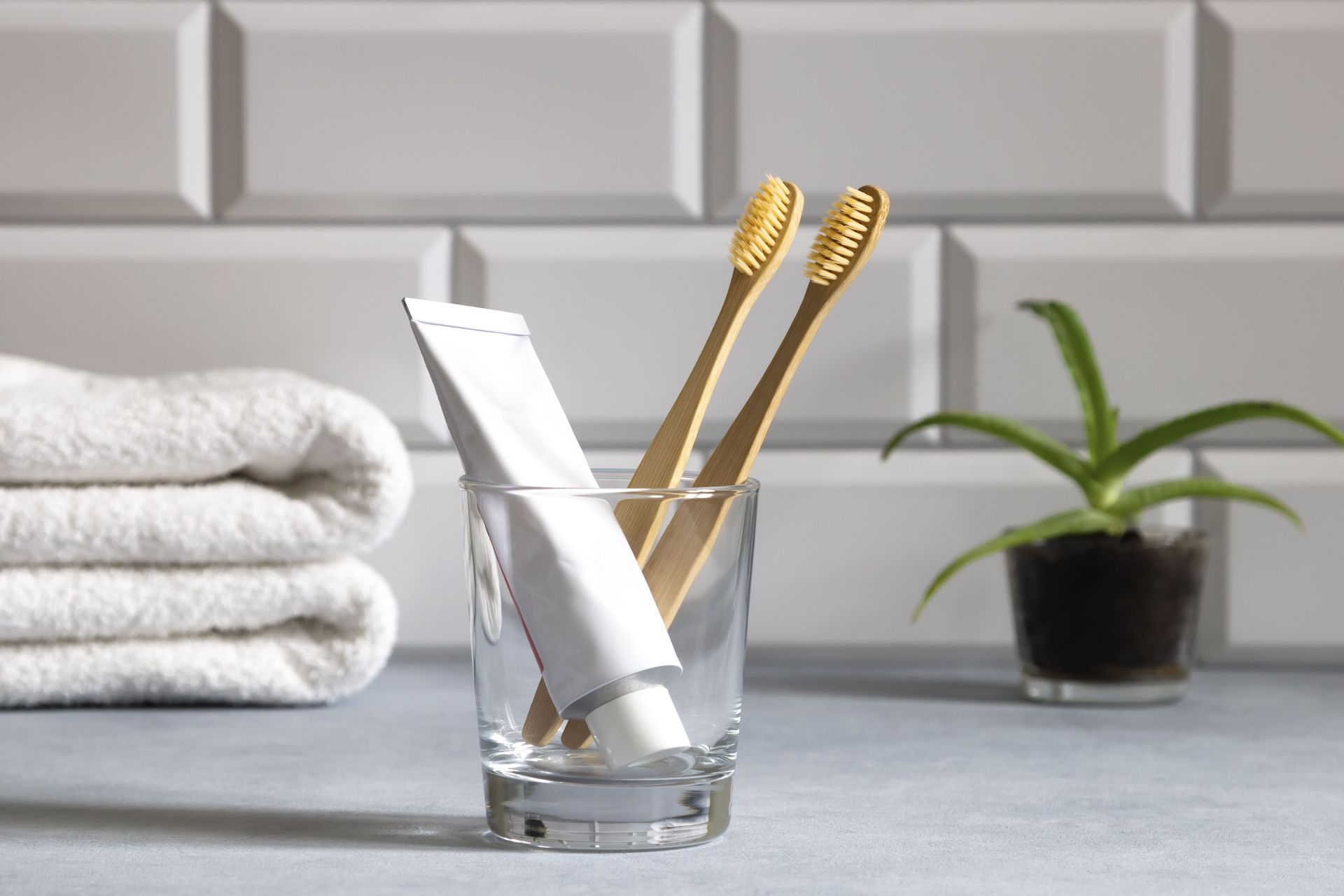
A surprising fix: non-gel toothpaste for isolated hard water stains.
- Dab a small amount on a cloth
- Rub gently in circular motions over the stain
- Let sit for a couple of minutes
- Rinse and wipe clean
This is ideal for small, localized spots or interior window blemishes.
Store-Bought Cleaners for Hard Water
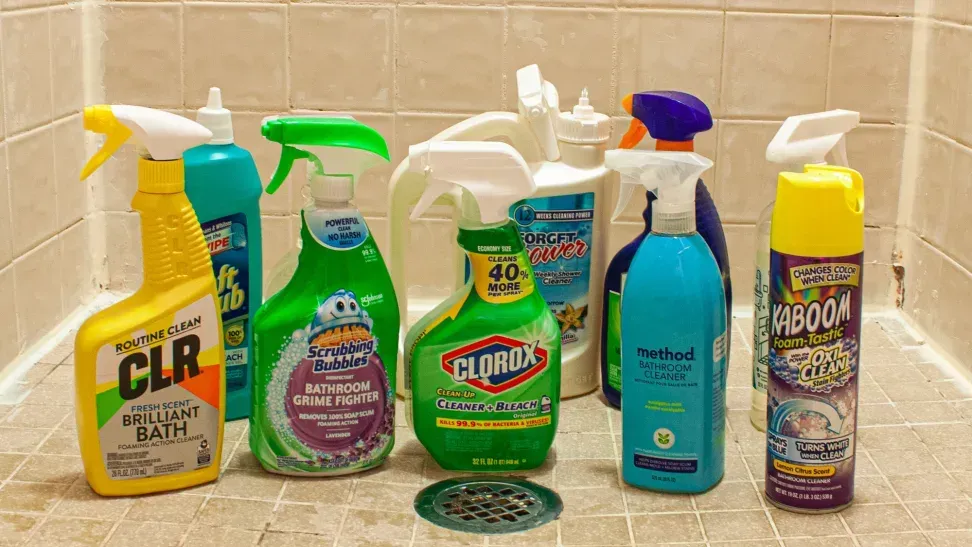
When natural methods fall short, it’s time to explore the best Hard Water Cleaning Products on the market. These commercial solutions are ideal for tackling stubborn stains that resist vinegar or baking soda.
- Bio-Clean: Eco-friendly and effective on stubborn spots
- CLR (Calcium Lime Rust Remover): Great for etched or older stains
- Rain-X Xtreme Clean: Also leaves behind a repellent layer
- Lime-A-Way: Strong formula, but use with care on tinted glass
Always follow the manufacturer's directions and wear gloves.
Tools That Help (Squeegee, Microfiber, Scraper)
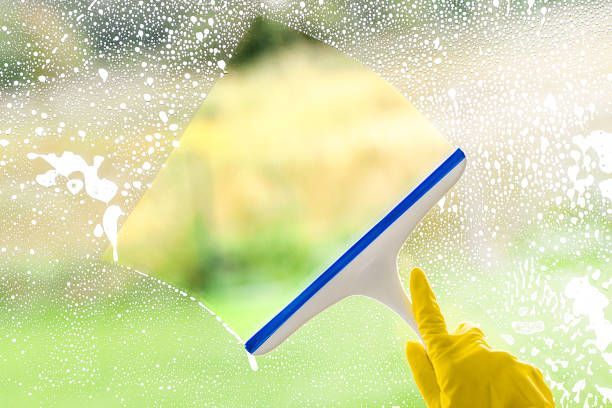
Use the right tools for spotless results:
- Squeegee – Helps remove moisture and prevent new stains
- Microfiber cloths – Trap minerals without scratching
- Razor scraper (used gently) – Can lift thick calcium deposits if used flat and carefully
- Non-abrasive scrub pads – Designed for glass-safe cleaning
Avoid rough scrubbing tools that can cause permanent scratches.
Want to take it a step further? Here’s how to
Clean Vinyl Windows Without Streaking using the right tools and a simple technique.
Hard Water Stain Prevention for Windows
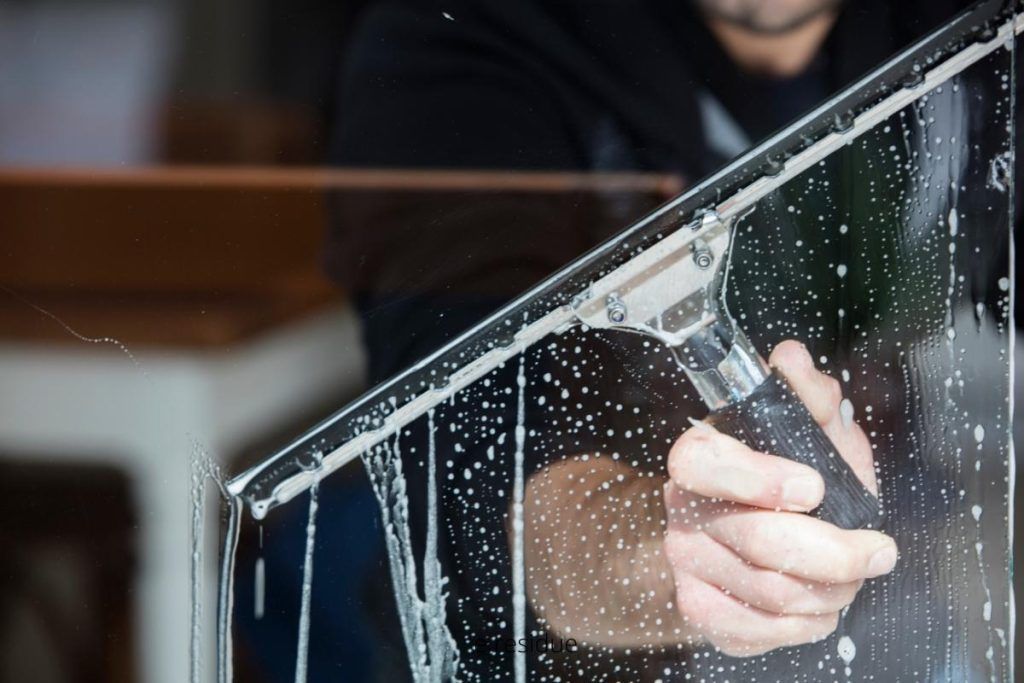
Once your windows are clean, it’s smart to stop stains from coming back.
Apply a Window Sealant or Water-Repellent
Products like Rain-X or EnduroShield form a barrier against minerals.
- Spray or wipe-on coatings
- Repel rain and sprinkler water
- Make routine cleaning faster and easier
- Reapply every few months for best results
Routine Cleaning with Vinegar Spray
A light weekly wipe-down keeps buildup from starting.
- Keep a pre-mixed vinegar solution in a spray bottle
- Mist windows weekly and wipe with a dry cloth or squeegee
- Especially useful for bathroom or patio doors
This habit alone can save hours of deep cleaning later.
Adjust Sprinkler and Irrigation Positioning
Reduce splash back and keep sprinklers from hitting windows.
- Angle sprinkler heads away from glass
- Use drip irrigation near windows instead
- Add garden borders or barriers to limit overspray
It’s a small tweak with long-term benefits.
Use a Water Softener System
Prevent hard water buildup at the source.
- Install a water softening system in your home or commercial property
- Removes calcium and magnesium from your water supply
- Reduces mineral spots on glass, fixtures, and dishes
Ideal for businesses or homes with consistent hard water issues.
Professional Window Cleaning for Hard Water Stains: When to Call in the Pros
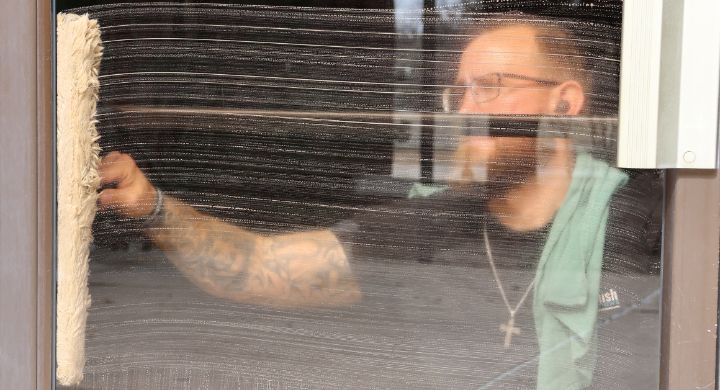
Sometimes stains are too stubborn or etched into the glass.
Signs it’s time to hire help:
- DIY methods no longer work
- Windows are large, high, or unsafe to access
- Stains have been there for months or years
- Glass appears cloudy even after cleaning
Professional window cleaning for hard water stains includes:
- Use of specialized tools like polishing compounds
- Acid-based cleaners that are safe when handled by pros
- Experience removing buildup without damaging tint or coatings
If you're in need, Amazing Window Finish is here to help restore your windows to like-new clarity.
FAQs on Removing Hard Water Stains
Can vinegar damage window glass or tint?
No, vinegar is safe for most standard glass. Avoid using it on specialty coatings or tinted windows unless verified by the manufacturer.
How often should you clean windows to avoid water spots?
At least once a month for exterior windows. Weekly for windows near sprinklers or in bathrooms.
What if hard water stains won’t come off?
You may be dealing with etched glass. In that case, polishing or professional treatment is required — DIY methods won’t work.
Are commercial cleaners safe for double-pane windows?
Yes, as long as you apply them only to the outer surface and follow label directions. Avoid letting liquids seep into window seals.
Glass Cleaning Tips for Hard Water
Hard water stains might seem like the end of your clear view — but with the right methods, they’re completely manageable.
- Start with simple solutions like vinegar and lemon
- Move to baking soda or commercial options if needed
- Prevent stains with sealants and regular maintenance
- Know when to DIY and when to call
Amazing Window Finish
Whether you're a homeowner, business, or property manager — keeping your windows clean isn't just about looks. It's about clarity, professionalism, and protecting your investment.
